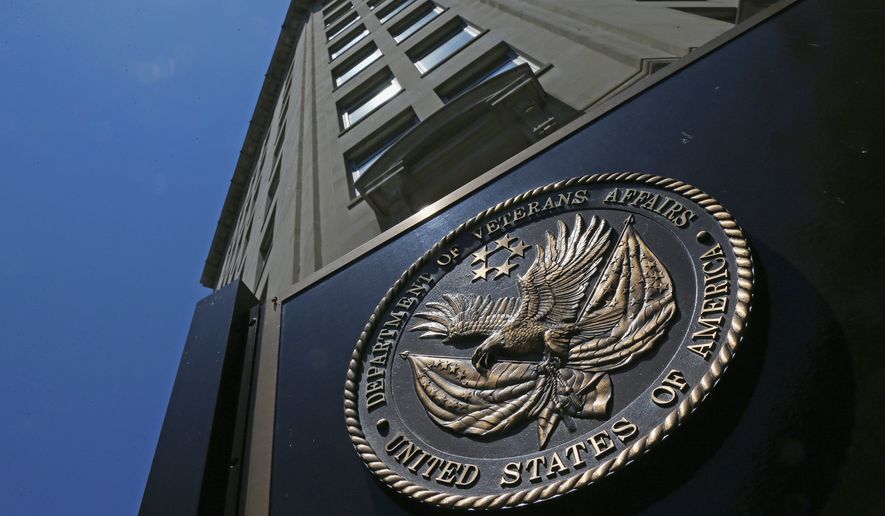Veterans advocates warned Thursday that the Choice Card program passed by Congress last year is not a long-term fix for the VA’s poor services for veterans, and told lawmakers to boost the department’s budget so it can hire more staff and get a new scheduling system to prevent another waiting list scandal.
Four of the top veterans service organizations released a report saying that the Veterans Affairs Department will need an additional $2 billion in 2015 alone in order to keep up with growing demand from veterans.
“We don’t believe sufficient resources have been devoted to the VA health care system,” said Carl Blake, the associate executive director of government relations at Paralyzed Veterans of America. “I think the decisions of the committees on the Hill in Congress last year validate that, when you consider the amount of money the committees were willing to pump into the VA.”
The VA last year faced charges that some of its clinics maintained secret waiting lists that kept veterans from getting the care they needed, and that department staff regularly put bureaucracy over the needs of veterans.
Congress acted to inject $16 billion into the department last summer to help hire new medical staff and pay for the Choice Card program, which allows veterans to be seen by private doctors if wait times at the VA are too long or the patient lives too far from a facility.
Advocates said Thursday the Choice Card program isn’t running smoothly yet. Ray Kelley, national legislative director for Veterans of Foreign Wars, said some of its members have erroneously been told by the VA that the program hasn’t been implemented yet — a sign, he said, that the department needs more training.
SEE ALSO: VA puts veterans at risk by providing incentive to rush claims, critics say
Mr. Blake also said the Choice Card program can’t help paralyzed vets because there usually isn’t a high-quality facility outside the VA that has expertise in that area.
Still, Mr. Blake said he believes Secretary Robert McDonald, who took over the top job at the VA last year, is doing all the right things to effect change, though it’ll take more time for him to get through to employees.
“It’s a long way down from the secretary of the VA to where the rubber meets the road,” he said.
Rep. Jeff Miller, Florida Republican and chair of the House Veterans’ Affairs Committee, said he thinks the VA’s problems have more to do with leadership failures than with a lack of funding.
“I take very seriously the veterans service organization community’s assessment of VA’s budget needs, but I truly believe the department’s problems have more to do with a lack of management than a lack of resources,” he said in a statement. “Whether it’s funding, staffing, or information technology tools, Congress has given VA nearly everything it has asked for.”
A VA spokeswoman said the department appreciated the work of the veterans service organizations.
SEE ALSO: Veterans with PTSD opt for new ‘brain zapping’ treatment
“We will review the recommendations in the independent budget and continue to work collaboratively with our [veterans service organization] partners on important issues impacting veterans, their families and dependents,” she said.
The administration will release its budget Feb. 2, then lawmakers will write their own budget and spending bills no later than Sept. 30.
The service organizations, which also included American Veterans and Disabled American Veterans, also said the VA needs to develop a new scheduling system that can prevent employees from fiddling with appointment times.
An internal audit last year found some employees were changing the desired appointment date or putting a vet on a secret list to make wait times appear shorter.
The veterans service organizations said lawmakers and VA leadership also needed to eliminate a backlog in disability claims, but to do it without cutting corners.
The current goal is to eliminate the backlog by the end of this year and decide claims within 125 days with 98 percent accuracy.
But Joe Violante, the national legislative director of Disabled American Veterans, said that’s a “pretty high bar” to reach. VA staff needs to reassess if that’s a reachable goal, and if it isn’t, they must set a new goal, he said.
He said the focus should be on accuracy rather than speed, saying most vets would rather it take a little longer, but get the correct answer the first time.
• Jacqueline Klimas can be reached at jklimas@washingtontimes.com.




Please read our comment policy before commenting.